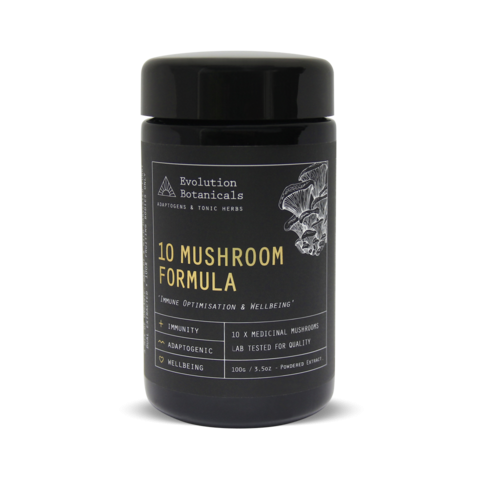It’s one thing to use caffeine in one-off situations, competing in a marathon perhaps, or to improve your concentration when sitting an important exam. But because of its impact on the acute stress response, in combination with its addictive quality, few people reserve coffee drinking for only these rare occasions. With persistent overuse, caffeine has a number of serious negative health impacts that need to be considered....

But why quit coffee and caffeine?
Here's some reasons;
1. Caffeine can cause, or exacerbate, feelings of anxiety
2. Regular caffeine intake creates a persistently activated stress response, which can lead to fatigue, hormonal, mental and immune issues.
3. Caffeine abuse can contribute to chronic fatigue syndrome (CFS) and cortisol dominance.
4. Caffeine suppresses thyroid function
5. Caffeine disrupts sleep cycle and circadian rhythm
6. Caffeine causes sex hormone imbalances
7. Caffeine can upset digestion
How to cut back on caffeine
Instead of going cold turkey, taking a stepped approach is a more gentle way to come down from caffeine without suffering the more severe withdrawal symptoms. You can make the process even more comfortable by incorporating some nutritive and regenerating caffeine replacements. This approach can eliminate the cravings for your usual coffee fix while beginning to repair any damage caffeine may have done.
Try reducing the your overall caffeine intake by half. If you’re a 4-cups a day coffee drinker, that might look like:
>>going from 4 cups of coffee per day to 2 cups
>>swapping 2 regular cups for decaf coffee or green tea instead
>>incorporating some non-caffeinated beverages such as herbal tea, mushrooms, dandelion
Other ways to move away from coffee include keeping blood sugar levels stable with regular and balanced meals, creating or maintaining a regular mindfulness and meditation practice, enjoyable exercise, staying hydrated, and getting adequate sleep.
References:
https://www.cambridge.org/core/journals/advances-in-psychiatric-treatment/article/neuropsychiatric-effects-of-caffeine/7C884B2106D772F02DA114C1B75D4EBF
https://www.sbs.com.au/news/two-million-australians-suffering-anxiety-twice-as-many-as-depression
https://www.liebertpub.com/doi/full/10.1089/act.2015.29028.aro
http://onlinelibrary.wiley.com/doi/10.1002/bdd.469/full
https://www.ncbi.nlm.nih.gov/pmc/articles/PMC6292246/
https://www.ncbi.nlm.nih.gov/pubmed/19384973
https://www.ncbi.nlm.nih.gov/pubmed/16522833
https://www.ncbi.nlm.nih.gov/pubmed/19451835
https://www.ncbi.nlm.nih.gov/pubmed/25595320
http://jpet.aspetjournals.org/content/289/1/285.full
http://apt.rcpsych.org/content/11/6/432.full%23sec-5
https://www.hopkinsmedicine.org/press_releases/2004/09_29_04.html
https://www.ncbi.nlm.nih.gov/pubmed/18296328


